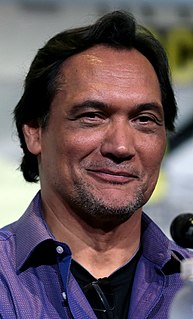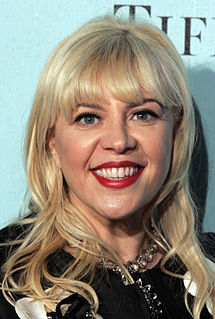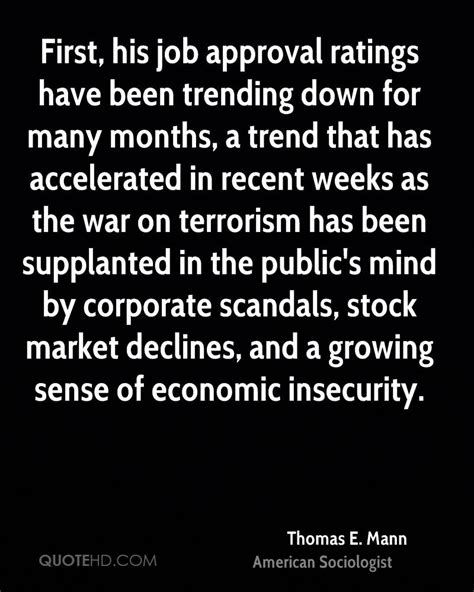A Quote by Seth Shostak
Look, science is hard, it has a reputation of being hard, and the facts are, it is hard, and that's the result of 400 years of science, right? I mean, in the 18th century, in the 18th century you could become an expert on any field of science in an afternoon by going to a library, if you could find the library, right?
Related Quotes
I wanted to create a believable feeling for 18th Century reality in the Perfume: The Story Of A Murderer. I didn't want this typical film feel of strange people in strange costumes, not really knowing what to do or how to move. If you put an 18th Century costume on Alan Rickman, it looks like he's been wearing it forever because he inhabits the stuff. He is a character that can really travel in time as an actor and transform into this 18th Century person with seemingly no effort.
I have begun to feel that there is a tendency in 20th Century science to forget that there will be a 21st Century science, and indeed a 30th Century science, from which vantage points our knowledge of the universe may appear quite different than it does to us. We suffer, perhaps, from temporal provincialism, a form of arrogance that has always irritated posterity.
Although the stories are very present in my book, and very present in my mind, what I was most interested in was the question of why it had attracted such a following in the 18th Century. It's less mysterious that it attracted a following in the Romantic period, and in the 19th Century, but the early 18th Century when the Rationalists fell in love with it...that was mysterious. What I wanted to look at was the forms of enchantment.
To bring the tools of science and to recognize that the flaw in the Cartesian Duality and to bring the tools of science to look at this question of mind and consciousness and to explore it using the tools of science â€" instead of saying, as has been the tradition for 400 years, that consciousness is not a proper subject for science to look at.
It is time to create new social science departments that reflect the breadth and complexity of the problems we face as well as the novelty of 21st-century science. These would include departments of biosocial science, network science, neuroeconomics, behavioral genetics and computational social science.
Being a philosophical naturalist does not mean that one thinks that science can provide all of the answers. That is scientism and that is wrong. I don't think a billion buckets of science could speak to the problems raised by the Tea Party. Being a philosophical naturalist does not mean that one thinks that the only truths are those of science. I think the claim just made in the last sentence is true but I don't think it is a claim of science. It means that you use science where you can and you respect and try to emulate its standards.
I'm just interested in science, and I try to keep track of what's going on and get my head around it - inflation, the multiverse, whatever. It's very hard for me because I don't have a scientific background, and I wasn't any good at science at school, but all of that stuff I just find incredibly attractive and fascinating.





































